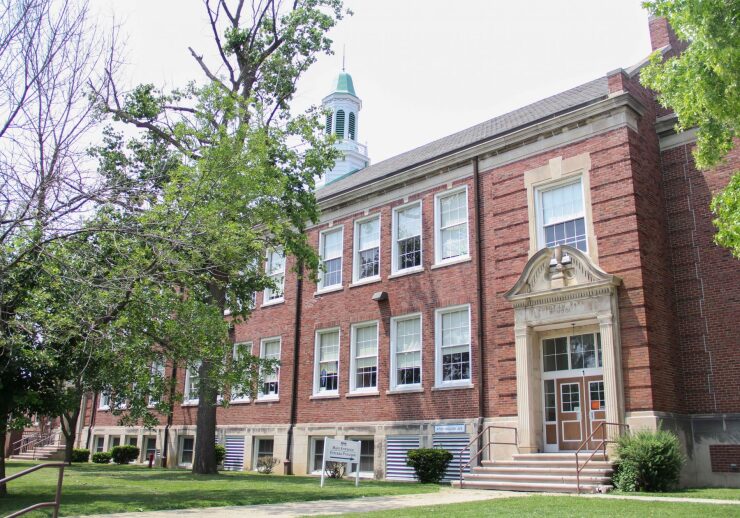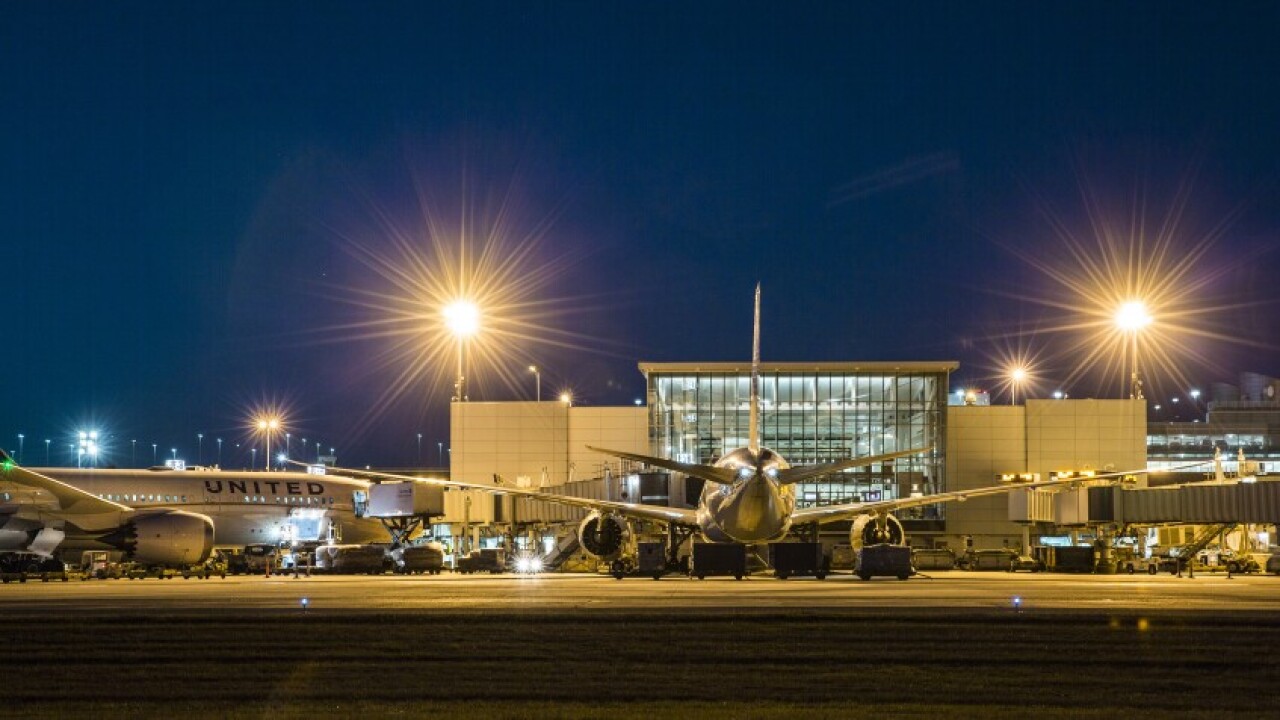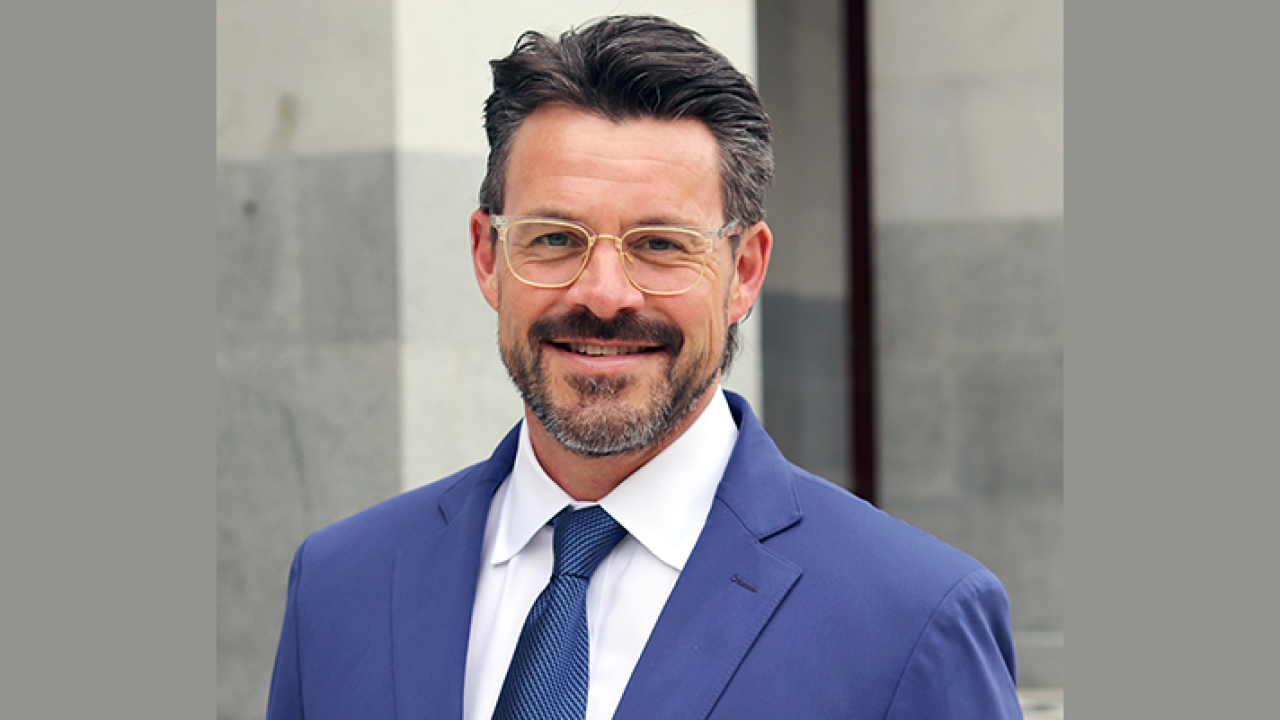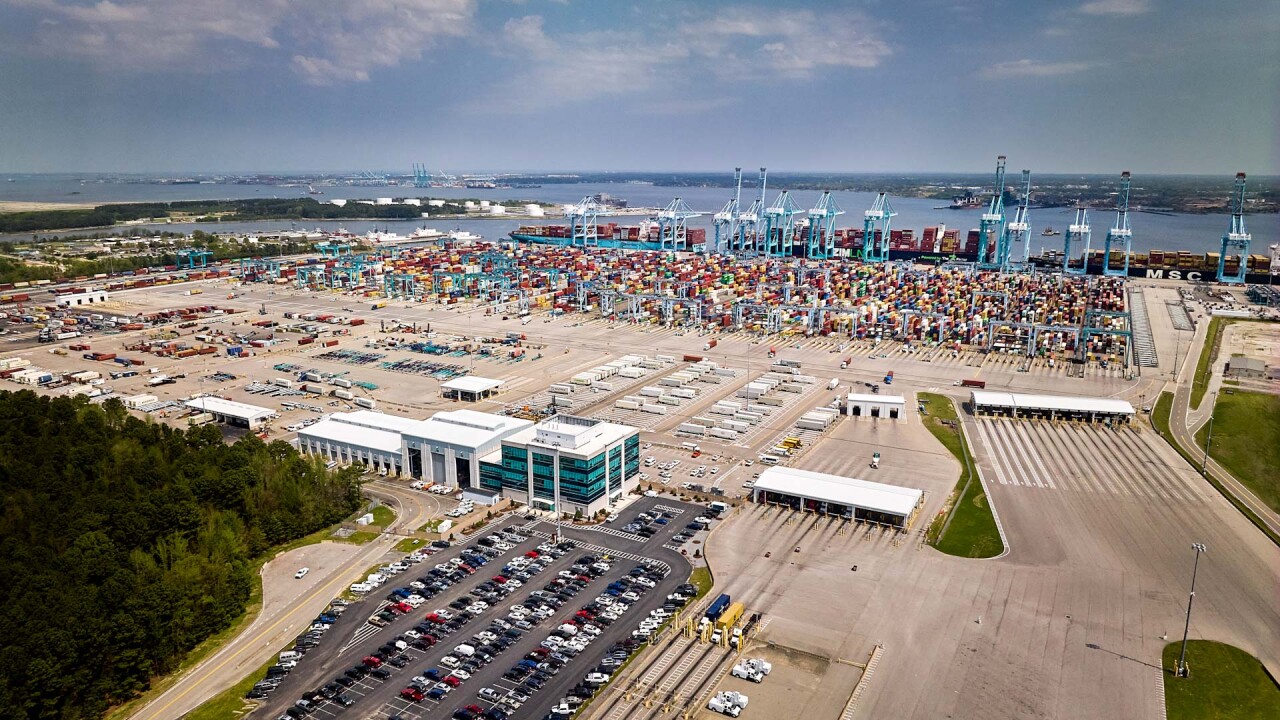Indianapolis Public Schools will take a slimmed-down tax request to voters in November in a bid to win the support from the Indy Chamber.
The district will now seek to raise $52 million through a capital bond referendum and a $220 million through an operating referendum that would boost its general fund over the next eight years. The school board approved the new amount for the operating referendum 5-0 at a meeting Tuesday night. The capital bond referendum was approved at the end of June.

“Over the last four months we’ve worked closely with Superintendent (Lewis) Ferebee and his team,” said Indy Chamber President and CEO Michael Huber. “Tonight, this work is paying off in a plan that’s realistic for our largest school system, reasonable for our taxpayers, and recognizes the value of great teachers and principals.”
The request is the third time the district has had to rescale its proposal in a bid to gain more community support.
The plan narrows the gap between the $100 million framework advanced by the Indy Chamber, based on an operational assessment conducted cooperatively with IPS, and the $315 million plan the board voted on last Tuesday.
“When we had the capital referendum public hearings the Indy Chamber of Commerce came out in support of it then and we have been in close communication working with chamber of commerce on the operational analysis, which guided their recommendations, which had an impact on ours,” said Ahmed Young, chief of staff and general counsel at IPS.
In March the district unveiled a $725 million funding plan for the November ballot, including $200 million for building improvements. That proposal was a scaled-down version of the original $1 billion funding plan that the district was looking to put on May’s ballot but when the measures failed to win significant support from community leaders, the school board withdrew its plans.
The district’s most recent proposal significantly scales back the capital bonding proposal to $52 million from $200 million. It will be spread across the district's 62 school facilities. Young said the district will focus on safety and security within the buildings.
It will have to determine other funding sources for issues related to deferred maintenance needs, improving energy efficiency and technology upgrades, he said.
“After significant stakeholder involvement with business leaders and the changing tide as it relates with the tax burden within the district leadership decided to lower that amount on capital referendum,” Young said.
District leaders have been collaborating with the business group since March to craft a slimmed down request after their first proposal garnered little community or business support. The district also rolled out a plan to cut about $21 million from its $269 million general fund budget for 2018-19.
“We appreciate the involvement of the Chamber as we envision the future of our district – we knew this process wouldn’t always be easy, and more difficult decisions are ahead of us,” said Ferebee. “Looking forward, we’ll need the support of the Chamber and other community partners more than ever to pursue efficiencies and preserve educational options and learning opportunities for our students.”
Ferebee has warned that without the referendum the district faced cuts to services and potentially employees at the start of the 2018-19 school year.
The school district has $57 million in debt.
Moody's Investors Service rates the district's lease revenue bonds A1. In April, S&P dropped IPS to A-plus from AA and revised the outlook to negative.





